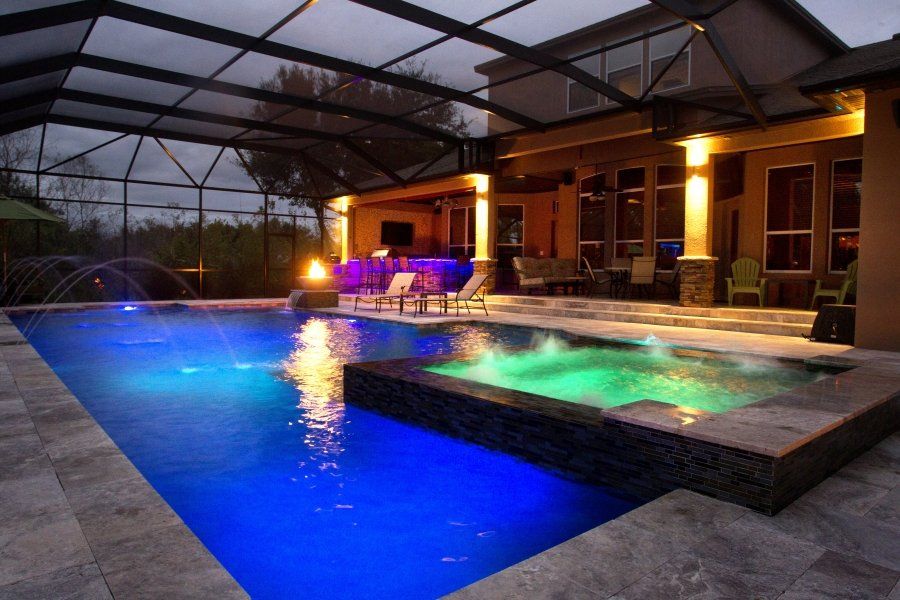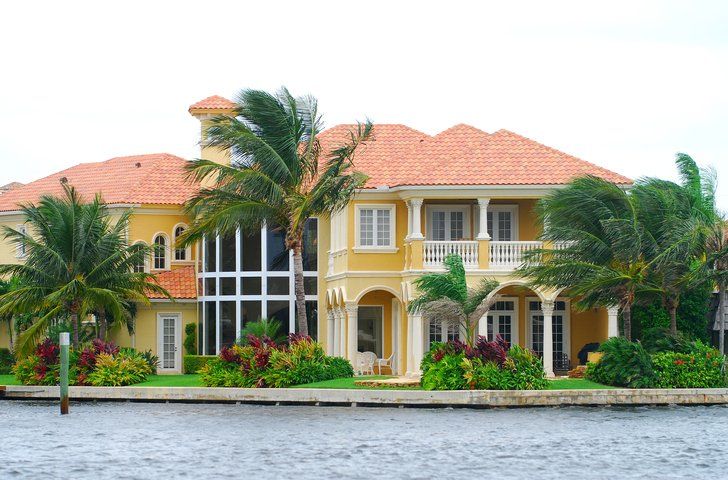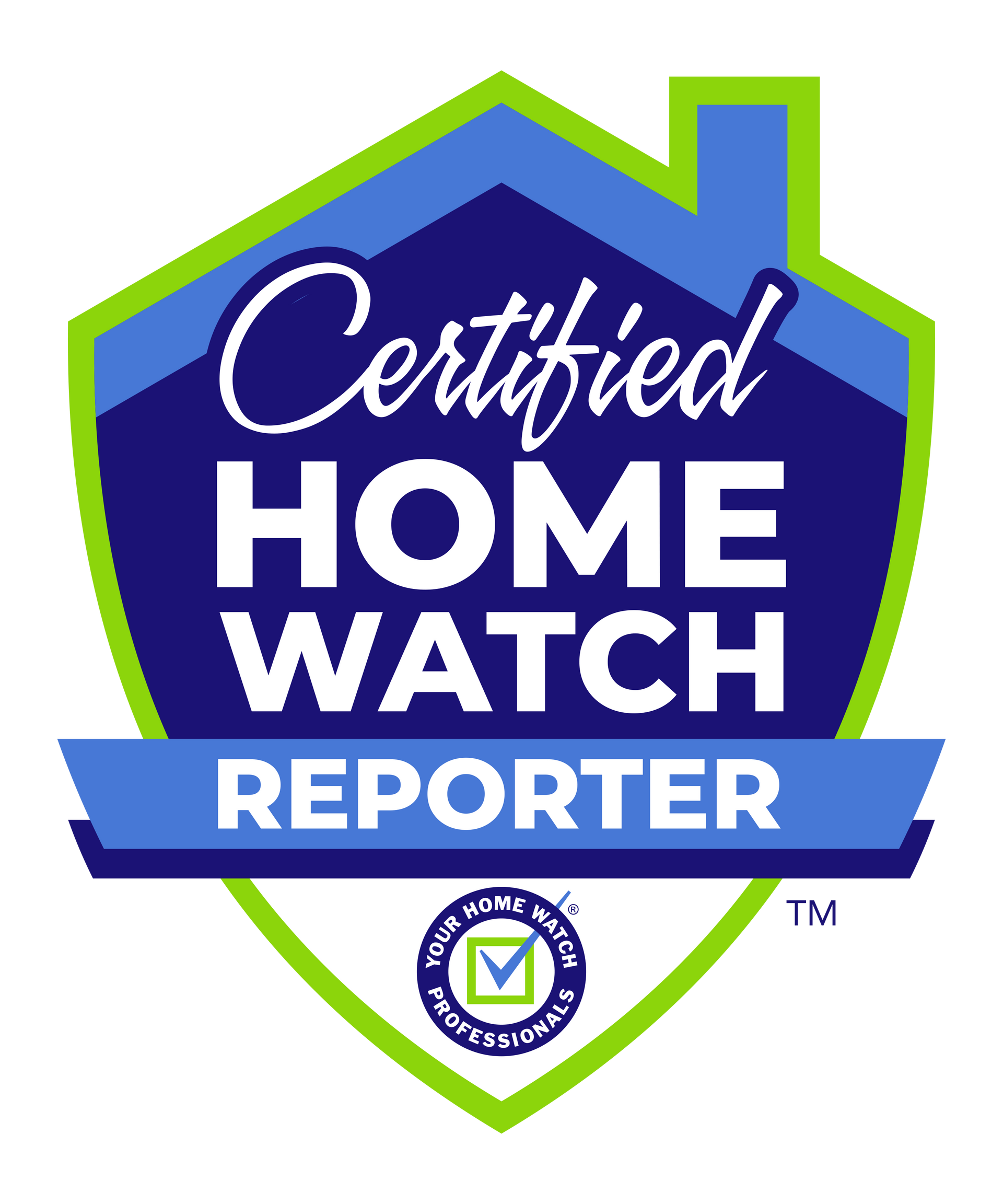Blog Layout
What Is A Home Watch Professional?
March 5, 2021
A Home Watch Professional has been known by many names: house watcher, house checker, home concierge, caretaker, absentee home watcher, property watcher, and so on. Regardless of the name, a “Home Watch Professional” will perform scheduled visits to your vacant home while you are away. A ‘Real Deal’ Home Watch company will have specific Home Watch training and be an insured and bonded professional business.
A Home Watch Professional is trained to locate and report any issues they observe at your home back to you. There have been many ways to achieve this (i.e. phone calls, emails, text messages, paper checklists left at the client’s home, and computer software). There are several types of computer software/apps out there to aide in this process, but the preferred software utilized by Naples Premier Home Watch, LLC, is the Quick Report Systems. This software uses QR codes (QRIDs) that are assigned to each specific property. How it works is: the QRID can only be scanned while actually on location at the property that is specifically going to be checked. This is due to a Geo-fence around the property. This proves to the client that the user (Home Watch Professional) is actually on location and is completing the job they are being paid to do.
After the QRID is scanned with any Apple or Android device, it allows the checklist that was previously set up by the Home Watch Professional, to open and let the user, to check off each individual area that will be checked. Special notes, directions, questions and pictures related to questions can be added. Any irregularities located, can also be documented by adding notes and pictures to the report as well. After the report is completed it then will be sent to the site Administrator for final review, before it is sent to the client’s dashboard. For more information, click the provided link: https://youtu.be/4rJnFRhSC5c
When the Home Watch Professional visits your home, they will thoroughly check for any issues and send you a report on the status of each visit. The report will let you know that everything is OK at your home or bring your attention to any minor/major issue that should be taken care of and to prevent costly damages from occurring.
You should then be IMMEDIATLEY contacted, if the Home Watch Professional locates an issue that requires your immediate attention such as a leak, damage, or a rodent issue. You will be able to instruct them on how to deal with the issue at hand. They will be able to manage the resolution of the problem on your behalf using the contractors that you specify, or by using someone from their trusted network of subcontractors and professionals.
This is the difference between a true Professional Home Watch Reporter and any “Neighbors Doing Favors” or “Hobbyist Home Watchers”. The Truth is in the Pudding!! It does not matter if a friend, neighbor, or hobbyist home watcher has watched your home for ten+ years. It ONLY takes one time! If they miss something, go on vacation, decide they want to get a round of golf in, or perhaps go fishing for the day instead of checking your home small damage can turn into major damage very fast. Like Murphy’s Law suggests, “Anything that can go wrong, will go wrong” and that’s the time it will happen. Is your neighbor insured?!? Have they been watching your home according to what your homeowner’s insurance company requires?!? In 50% of Florida Homeowner’s Policies, it requires the home to be checked, no less then every 14 days, in some cases less. Failure to follow this requirement can result in an insurance claim being denied.
Did you know that a leak in an ice maker supply line can pump up to a gallon of water per minute?!? Easily, more than 1,000 gallons in 24 hours. Imagine if that leak is undetected for days, weeks, even months. Another scenario is: Does your untrained home watcher know the proper temperatures to maintain 50% humidity in your home?!? Failure to properly maintain this recommended humidity percentage could lead to a mold outbreak and/or humidity bloom, costing tens of thousands of dollars to repair, not to mention if the home has any valuable paintings and leather goods (i.e. purses) in it. A total loss is likely. Professional home watch services typically cost between $45-$65 dollars per visit. Checking a home based on this pricing, bi-weekly visits (twice per month), can protect you home for a month for the cost of a nice dinner here in Naples, FL.
For peace of mind that your home is being protected properly, hire a Home Watch Professional! Damage will occur but Home Watch Professionals are the difference between damage and disaster!
Contributor Vincent Saputo

By Vincent Saputo
•
March 30, 2021
Did you know that the number one way swimming pools lose water is through evaporation? According to the Department of Energy, 70% of water loss in pools and spas is through evaporation. Of course, you also have leaks - which probably accounts for the second reason. But, how can you tell the difference? How do you prevent swimming pool evaporation? Are you losing water because of everyday science or are you losing water because you have a leak somewhere? Honestly, both answers warrant an explanation, don’t you think? Let’s dig a little deeper. Losing Water Through Evaporation Everyone knows that evaporation is just the process of liquid forming into vapor. But, how does that fit in with our swimming pool? Evaporation occurs whenever you expose wind or air to the surface of your pool. So in short, this applies to every pool, all the time. Water molecules rise to the surface, form into a vapor and eventually get released into the air. What causes pool water evaporation? There are three main factors for evaporation: Exposure, temperature and humidity levels. • Exposure. The more your pool is exposed to the sun and wind, the more evaporation you'll see. A screened pool will evaporate less than an unscreened pool. A pool surrounded by a fence, trees or a structure will evaporate less than a pool that is facing an open sky. A pool that isn't on a lake, golf course or other large piece of land will evaporate less than a pool that is. • Temperature. Throughout our cooler months in Southwest Florida (typically mid-December thru February), we see a significant contrast between the high and low temperatures, sometimes more than 25 degrees. This allows your pool to heat up during the day and evaporate all night. In fact, if the sun is down and you turn on your pool light, you will likely see a mist above the pool. This is the water evaporating and it does this all night, every night. • Humidity. High humidity equals very low evaporation, whereas low humidity equals high evaporation. The air is like a towel or a sponge: The drier it is, the more water it can hold. The best way to describe this is from my wife, Kim, who is a Hair Stylist. Ladies, you know your perfectly styled curls will fall as soon as you walk outside here in the summer, and you can expect very low evaporation from your pool. These factors vary greatly from area to area and from season to season. Another example is: Arizona summers are dry, whereas, here in Southwest Florida, between daily showers and 100 percent humidity, summers are wet. Therefore, evaporation is high during an Arizona summer, but very low during a Florida summer. Luckily for us, there are ways to fight evaporation. 1) Cover Your Pool and Spa The best way to prevent evaporation is by purchasing a pool cover. According to a study by the National Pool Industry Research Center (NPIRC), pool owners can save a considerable amount in water savings by covering their outdoor swimming pools. In fact, pool covers can reduce evaporation by 95%! Honestly, that alone is enough proof for me to consider purchasing a pool cover. However, there are other benefits to adding a cover to your pool. In addition to preventing pool evaporation, pool covers also keep the warmth inside your pool. I mentioned earlier that when you’re losing water via evaporation, you’re also losing a lot of the heat generated by your heater or heat pump. The cover traps the heat inside the pool and reduces the energy demand on your pool equipment. Additionally, owning a pool cover reduces the number of chemicals you’re using, reduces the debris in your pool, and reduces the amount of time you operate your pump and filter. Keep in mind, there are several different covers you can purchase for your swimming pool. Here is some more information on the types of covers and their benefits. You can invest thousands in a high-end automatic cover that extends across the pool with the push of a button. Or, you can drop about a hundred bucks for a lightweight solar blanket. These thin plastic blankets float on the pool surface and go onto the pool manually or with a reel. 2) Turn Your Pool Water Features OFF I love pools that have extra cool features like waterfalls and jets. However, if you want to help prevent pool evaporation, we recommend turning them off from time to time. Waterfalls and jets increase the amount of water exposed to sun and air. As a result, they are also more prone to evaporation. Laminar jets or cascading waterfalls have the greatest chances of higher evaporation. We recommend turning your water features off, especially when they are not in use. This can save you money on water and on chemicals. Of course, when you’re ready to entertain guests again, turn those babies on again! 3) Lower Your Water Temperature As we now know, warmer water evaporates at a faster rate than cooler water because the molecules are moving faster. As the temperatures drop, the warm water evaporates even faster. In warm water, molecules turn into mist, which evaporates quickly. This process accelerates when the temperature of the pool water is higher than the air’s temperature. Cold water is more resistant to evaporation. Keep this in mind if you are trying to prevent evaporation and save money on water, however, if you are like me, I hate cold water! If this is the case for you too, my recommendation is to purchase a pool cover! How Can You Tell If You’re Losing Water From Evaporation? One sure way to determine whether your pool is losing water from evaporation or from a leak is to perform a water bucket test. To perform a bucket test, complete the steps below. 1. Fill your pool to its normal level. Using a standard bucket, fill it to 1 inch from the top with pool water. 2. Place the bucket in the pool at about five inches. You can set it on the first or second step of your pool. 3. Mark the water level inside the bucket and the water level outside the bucket. (You can use a marker or piece of tape) 4. Return after 24 hours to compare the inside water level on the inside to the water outside. If the water level outside of the bucket dropped more than the water level inside of the bucket, then you likely have a pool leak. At this point, we recommend calling a professional. Key Points: • Make sure to check the bucket at the 24-hour mark to avoid inaccurate results. If it rains, wait until it stops to perform the test. It will obviously give you inaccurate results, as well. • Remember, losing water to evaporation is normal - until it isn’t. Purchasing a swimming pool cover is the ideal method to prevent swimming pool evaporation. Not only does it prevent water from escaping your pool, it also traps any heat your heater or heat pump generates. • If you’re losing more water than you think evaporation allows for, perform a water bucket test. The bucket test is the easiest and cheapest trick homeowners have available. References: https://www.angi.com/articles/pool-level-dropping-it-leak-or-evaporation.htm http://osceolaaquaticsinc.com/is-your-pool-water-evaporating-or-is-it-leaking/ https://articles.bluehaven.com/saving-water-in-swimming-pools-5-ways-to-cut-pool-evaporation
Browse Our Website
Contact Information
Phone: 239-249-3353
Email: Info@NaplesPremierHomeWatch.com
Mailing Address:
2338 Immokalee Road, Suite 148
Naples, Florida 34110
Phone: 239-249-3353
Email: Info@NaplesPremierHomeWatch.com
Mailing Address:
2338 Immokalee Road, Suite 148 Naples, Florida 34110
Business Hours
- Mon - Fri
- -
- Saturday
- Appointment Only
- Sunday
- Closed
After Hours Available By Appointment Only





Content, including images, displayed on this website is protected by copyright laws. Downloading, republication, retransmission or reproduction of content on this website is strictly prohibited. Terms of Use
| Privacy Policy











